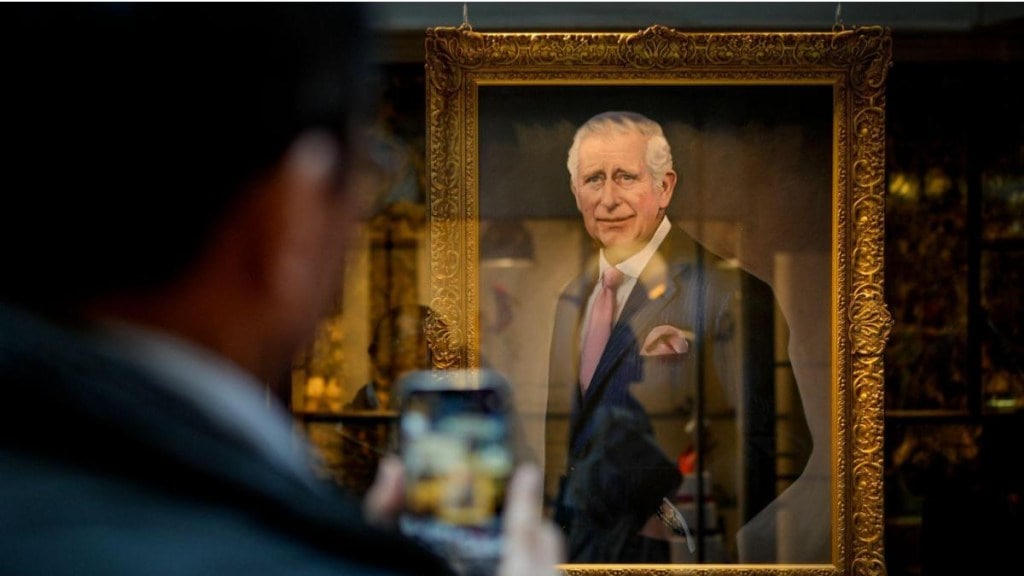Amidst the air of anticipation, the hallowed halls of Westminster Abbey will host a momentous occasion tomorrow, as King Charles III takes his rightful place on the throne. A rare spectacle is set to unfold, as the Queen Consort, Camilla, will be crowned alongside him, marking the first such occurrence since 1937.
The significance of this event is not lost on history, as coronations hold a revered place in the annals of tradition and symbolism. While the plans surrounding the King’s coronation are kept a top secret under the codename “Operation Golden Orb”, here are some intriguing details to explore.
Music to the ears
A grand coronation is incomplete without the stirring melodies of a full orchestra and the voices of one or two choirs. The event is steeped in tradition, and certain pieces have become synonymous with it over the years. Handel’s Zadok the Priest, a fixture since 1727, and Sir Hubert Parry’s I Was Glad, performed since 1902, are some examples.
As with the Queen’s coronation in 1953, it is expected that new compositions will be commissioned for King Charles III’s coronation. These pieces may reflect a more contemporary and multicultural Britain.
The Coronation Choir, comprising of diverse community choirs and amateur singers from across the UK, including refugee choirs, NHS choirs, LGBTQ+ singing groups, and deaf signing choirs, will perform at a concert at Windsor Castle on Sunday, May 7. Their participation highlights the inclusive and diverse nature of the event, fitting for a modern monarchy.
Coronation honours
A monarch’s coronation is usually accompanied by the bestowal of honours upon individuals who have rendered meritorious service to their country. The Queen’s coronation honours, published on 1 June 1953, one day before her coronation, were widely acclaimed. However, Buckingham Palace has yet to reveal any details of honours for King Charles III’s coronation.
This would be the second list of honours issued by the King, following the New Year’s honours list, which included luminaries like Queen’s guitarist Brian May, Countdown star Rachel Riley, and four of England’s Lionesses. The anticipation surrounding the coronation honours list is palpable, with many eagerly awaiting its announcement.
Who’s paying for the ceremony?
Unlike royal weddings that are funded by the royal family, the government bears the cost of a coronation as it is a state event. The total expenditure for Queen Elizabeth II’s coronation was £1.57m, equivalent to £46m in today’s currency. In light of the ongoing cost-of-living crisis, King Charles III is reportedly planning a less expensive coronation ceremony.
Apart from footing the bill, the government is also responsible for curating the guest list. While over 8,000 people attended the Queen’s coronation, only a modest 2,000 are expected to grace King Charles III’s ceremony. This is just enough to fill Westminster Abbey without the need for additional seating.

